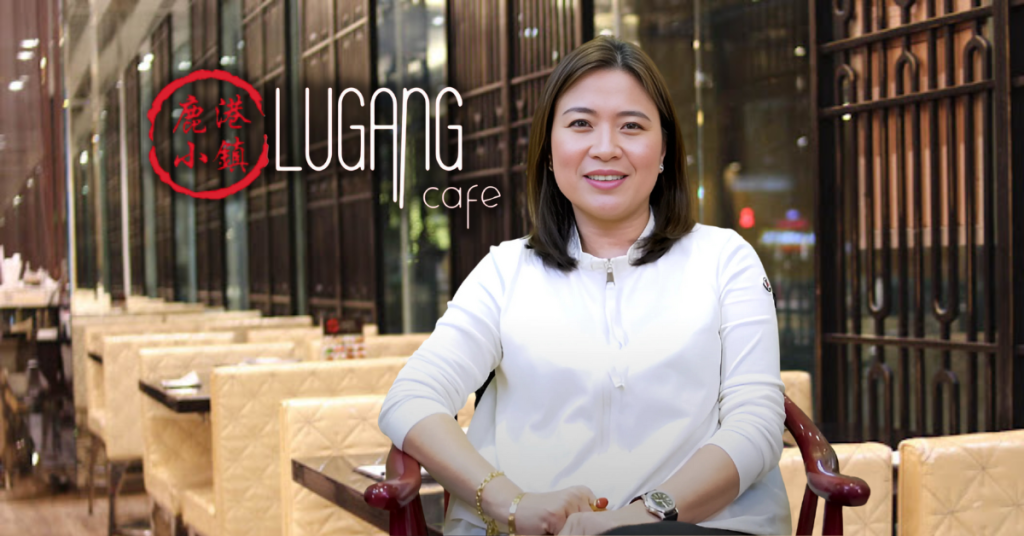At first glance, Lugang Café may appear to be a high-end restaurant — elegant interiors, attentive service, and beautifully plated Taiwanese dishes. But behind the scenes, its success is powered by something less visible: an uncompromising commitment to quality.
According to co-founder and CEO Annabelle Chua, it all starts with training and consistency.
“Our cooks are trained abroad in China,” Chua shares. “When they return, they undergo additional training here. In the beginning, we brought in 15 chefs from China and Taiwan just to get things right at our first location in Greenhills.”
Those chefs didn’t just cook — they became mentors. Over time, they were assigned to different branches across the country, helping to lead local teams and preserve the brand’s authentic flavors.
But as the brand grew, so did the challenge: how do you train local chefs to consistently match the original taste?
Chua admits, “Filipino chefs tend to default to flavors that are either too sweet or too salty. Even with recipes documented in exact measurements, the execution still varies.” Her solution? Weekly food tastings. “We review dishes every week to make sure the taste is on point. It’s the only way to sustain our quality across branches.”
That attention to detail doesn’t stop in the kitchen. Chua reminds her team daily: “Never be complacent. Never compromise on quality. That’s the only reason we will stand out.”
Despite the restaurant’s premium ambiance, Chua is also deeply committed to fair pricing. “Many people think we’re expensive, but we’re actually casual dining,” she says. “We work hard to source the best ingredients at reasonable prices, and we price our dishes fairly. The ambiance and service? That’s a bonus.”
The result: a brand that feels elevated but remains accessible — powered by discipline, training, and a refusal to settle.
For Chua, success isn’t just about the food. It’s about doing the small things right, every single day.
This article includes quotes from an interview originally published by Esquire Philippines, authored by Henry Ong.
![]()



